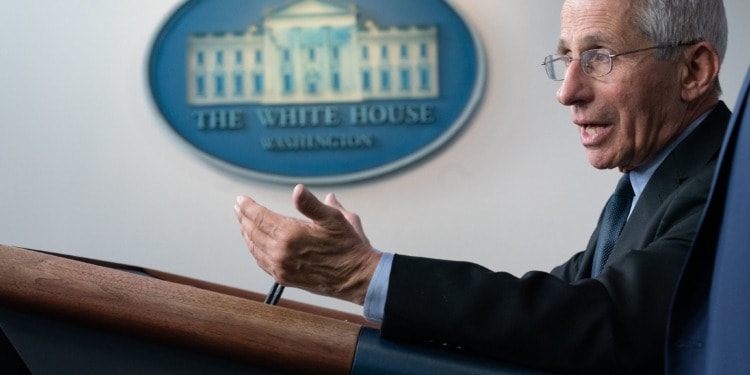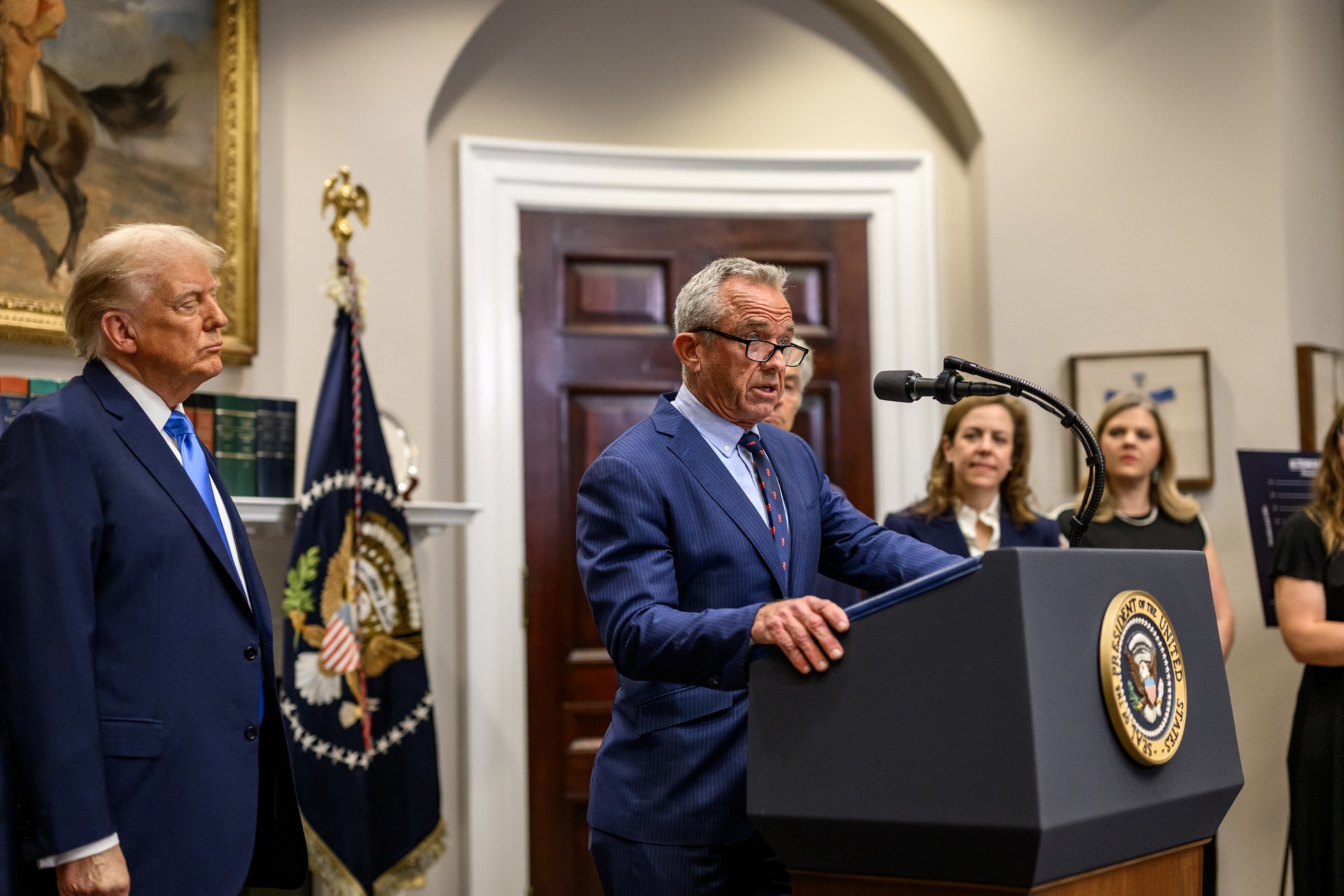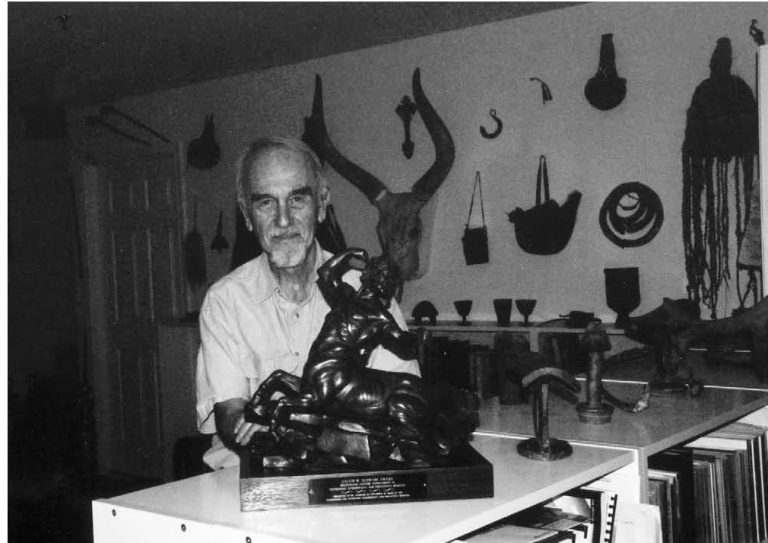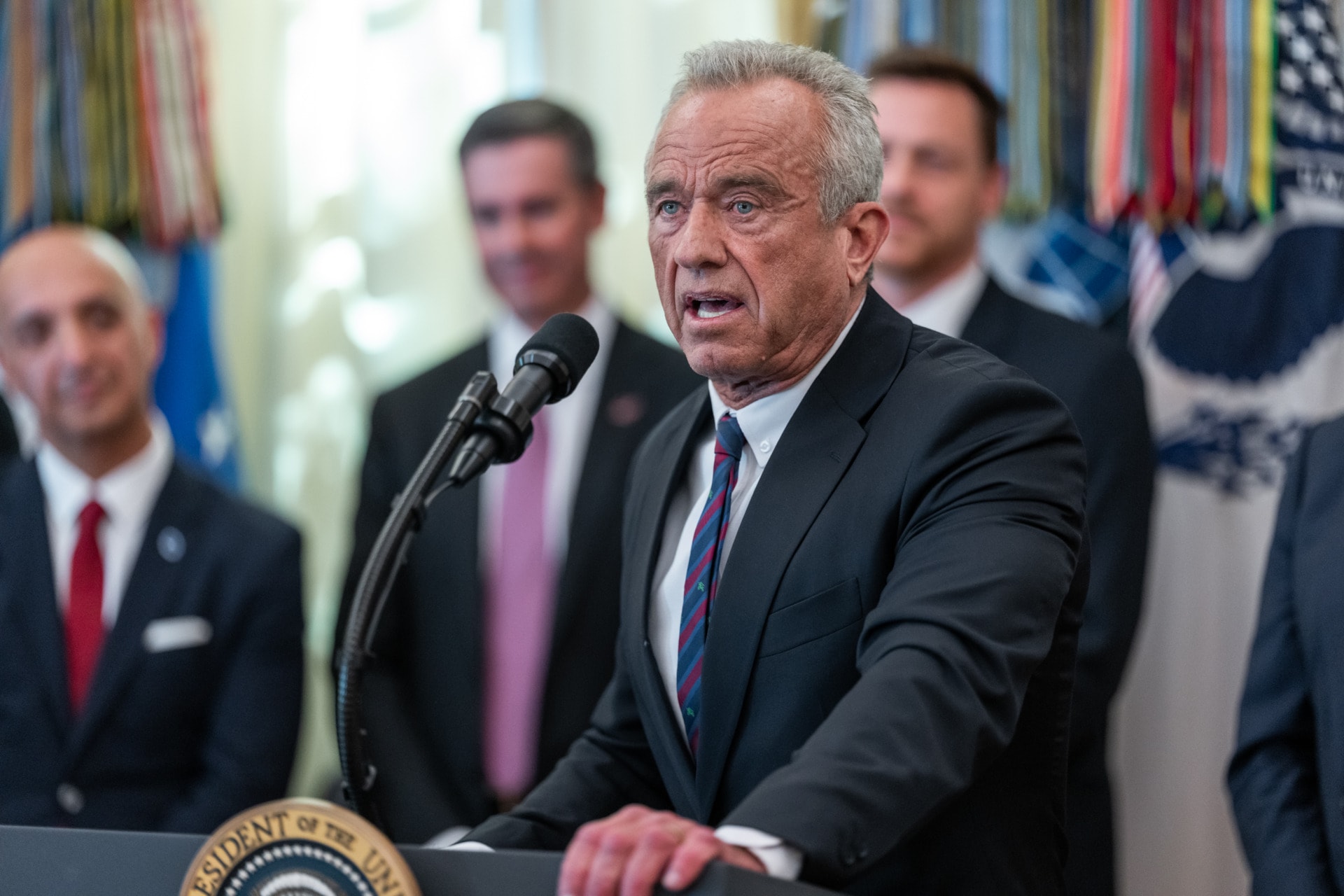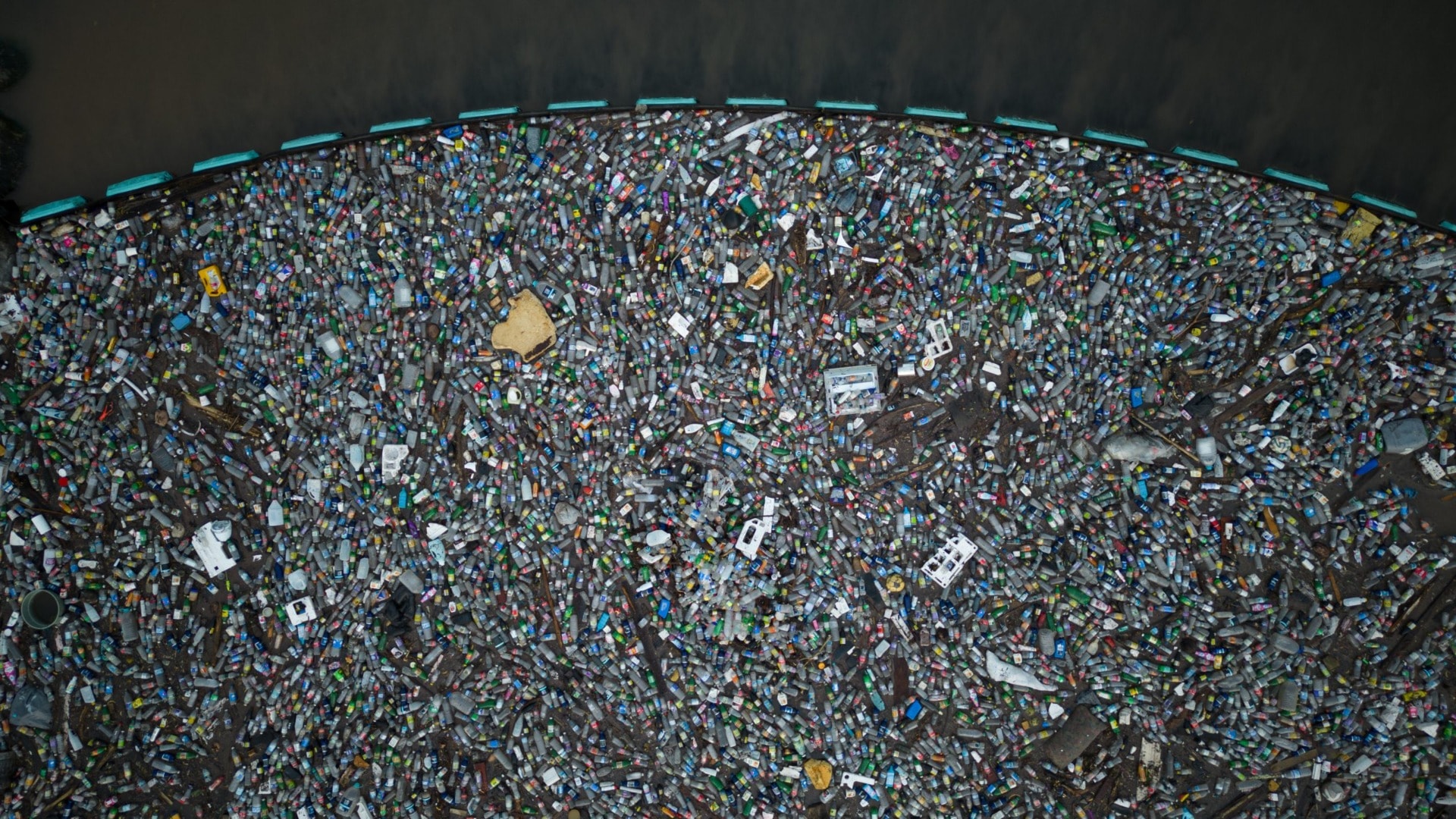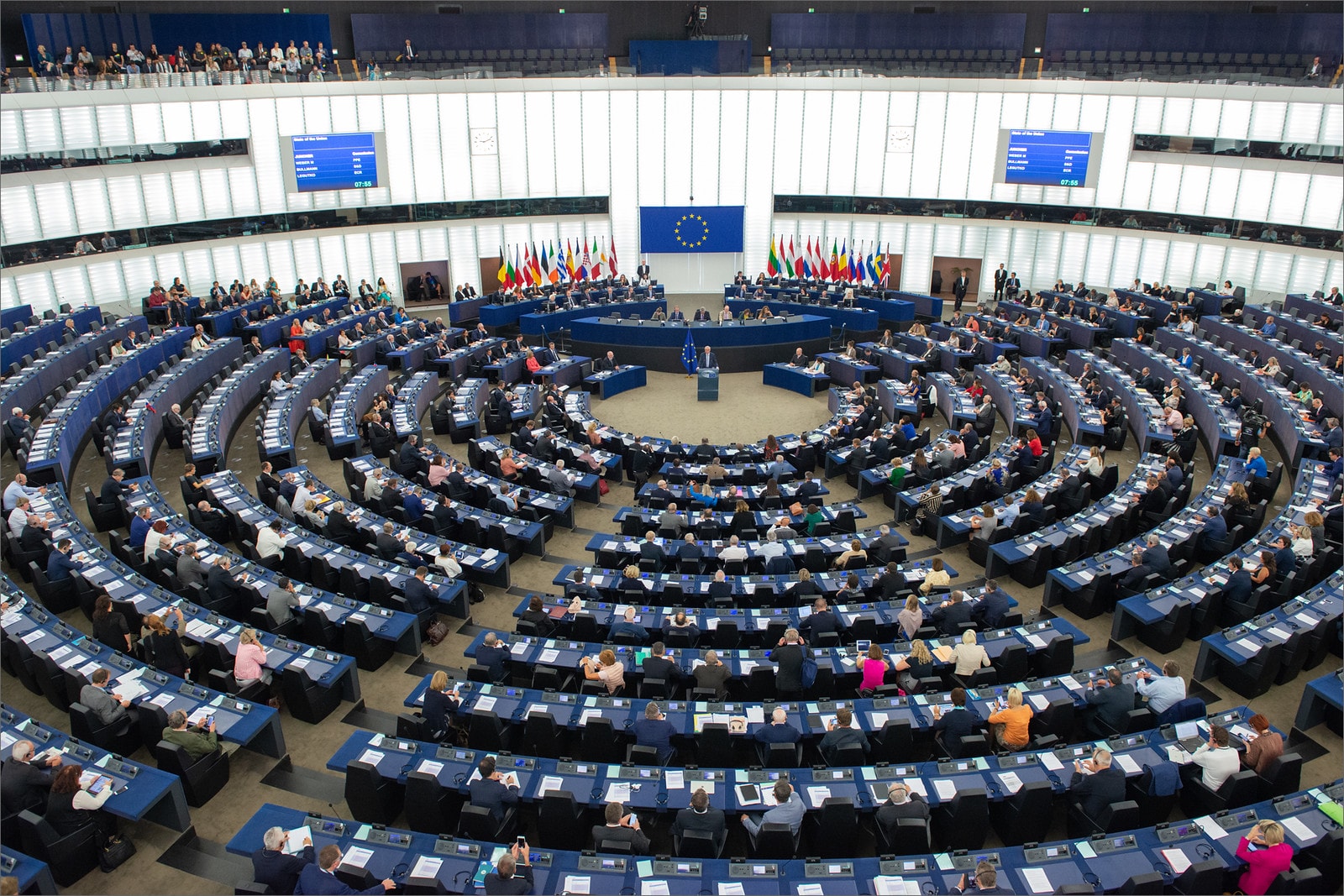The New York Times just published Dr. Fauci’s inspiring message to “future generations of scientists” as he gets ready to retire and start the “next chapter” in his life. Perhaps the opening is what is most arresting:
Although I hesitate to use the hackneyed expression “It seems like just yesterday,” it does feel that way as I prepare to leave the National Institutes of Health after over five decades. As I look back at my career, I see lessons that may be useful to the next generation of scientists and health workers who will be called on to address the unexpected public health challenges that will inevitably emerge.
We can certainly all share in that feeling when looking back on one’s own life: It always seems like “just yesterday”.
Dr. Fauci recalls his long career that started when he was just 27, fresh out of residency training in New York City, and how it was marked by a series of pandemics that needed to be tackled – the first was HIV-AIDS, the last Covid 19 and how he ended up often informing Presidents, starting with Reagan and ending with Trump and Biden; he suggested how to tackle the threats and he notes, with a degree of astonishment, how difficult it was to establish a winning strategy to address Covid 19 despite improved medical knowledge and effective vaccines – all because of widespread public misinformation and disinformation. Not mentioning, of course, that he had to deal with Trump, a conspiracy-addicted President through the most delicate phase.
Despite the difficulties and setbacks, Dr. Fauci lived through with Covid, his conclusion is nevertheless optimistic: He calls on medics and health workers alike, to not ever hesitate to speak out and inform the wider public. He appears to really believe that science together with politics can deliver solid, reliable and trustworthy public health ensuring a free-from-disease future for humanity.
Will future historians agree with Dr. Fauci? In principle, he is right but in practice, how feasible is it under present circumstances?
Medical research, the public health sector and politics: Stormy relations that Dr. Fauci successfully navigated – but how easy will it be for others?
Politics and public opinion have a way of cutting off at the knees even the best medical science gurus of the caliber of Dr. Fauci: His achievements are – nobody can doubt it – phenomenal and invaluable. He was among the first to assist AIDS patients and he played a crucial role in discovering ways to address the disease; and he was the father of one of the most successful American aid program ever, President George W. Bush’s PEPFAR, the President’s Emergency Plan for AIDS Relief program, which has saved 20 million lives globally.
But Covid 19? Dr. Fauci wasn’t able to prevent President Biden from putting a stop to Covid prevention measures and substantially declaring the pandemic over, while it continued to kill hundreds of Americans this summer and is still doing so now.
And Dr. Fauci is leaving the scene before the last word is said about the controversy that has arisen around the origin of Covid. It continues to fester with increasing numbers of people (and not just in the Republican party but also in the medical community) believing that it was a lab leak engineered by the Chinese. All he did manage to do was to support President Biden’s decision to let the Senate Health Committee investigate the origins of Covid.
The investigation led to an interim report released on 27 October by Senator Richard Burr, Republican of North Carolina which, alas turned out to be inconclusive: it merely said the coronavirus pandemic was most likely caused by a laboratory incident in China without offering any real new evidence. Thus as the New York Times concluded at the time, one may expect “a new wave of political wrangling over Covid’s origins if Republicans gain control” of Congress. The midterms returned them to control of the House, so we can indeed expect more political debate instead of any serious scientific investigation.
And the scientific community is equally divided. Now, almost 3 years after the onset of the pandemic, we still don’t know how it originated. When in a recent article in PNAS (Nov. 10, 2022) Prof. Robert F. Garry of Tulane University Medical Center tried to make the case that the “evidence remains clear” – SARS-CoV-2 “emerged via the wildlife trade” in Wuhan and not from a virology lab – it was virulently decried by commentators, each reflecting his or her own pet beliefs, often far away from the debate at hand.
For example, one said he stopped reading Garry’s article because of (in his opinion) alleged “racist tropes”. Another, G.S. Hurd, an archeologist actively involved in the creationist debate and author of Why Intelligent Design Fails: A Scientific Critique of the New Creationism (2004, Rutgers University Press) alleged that: “What too many are ignoring is that a lab leak would be much preferable than a zoonotic origin. We can avoid future laboratory accidents with improved methods. We cannot avoid germs that spread between animals and people.”
Really, is that the only reason to accept the version of a lab leak? That certainly goes counter to everything scientists are doing in One Health research both in America and in Europe where public health authorities (Dr. Fauci included) fully support the One Health approach – and fortunately, we now know and have numerous examples of success in stopping the spread of “germs between animals and people”.
Such articles and the often bizarre, even outlandish comments they evoke are a stark reminder of the difficulties any public health authority faces in communicating to the public a health issue – even someone with the reputation and caliber of Dr. Fauci. This, of course, is the inevitable result of dis- and misinformation on social media, and also in some part of the mainstream media that deliberately spreads fake news to foster its own political agenda..
In short, Dr. Fauci is leaving the battlefield while the war is still raging. He is 81 and can be forgiven for wanting to retire after over 50 years of remarkable and constant service.
But one thing is certain: Future scientists, unlike Dr. Fauci whose career started in pre-Internet days, won’t have an easy time taming both an unruly public opinion that doesn’t listen to reason and prefers clinging to ideas found on social media and the new diseases that will inevitably arise. Covid 19 is likely only the first of many more similar pandemics that will regularly emerge if nothing is done to prevent them.
A pandemic prevention approach based on One Health, as often argued here on Impakter, is key to future public health but it’s a message that is increasingly difficult to push forward. We can thank Facebook, Twitter and other social media for creating the world we live in where reason is on its way out, and conspiracies multiply, from QAnon to Second Reich coup plots in Germany.
Editor’s Note: The opinions expressed here by the authors are their own, not those of Impakter.com — In the Featured Photo: White House Press Briefing: Dr. Anthony S. Fauci, director of the National Institute of Allergy and Infectious Diseases and a member of the White House Coronavirus Taskforce, addresses his remarks at a coronavirus update briefing Monday, March 16, 2020, in the James S. Brady Press Briefing Room of the White House. (Official White House Photo by D. Myles Cullen) Source: Flickr


